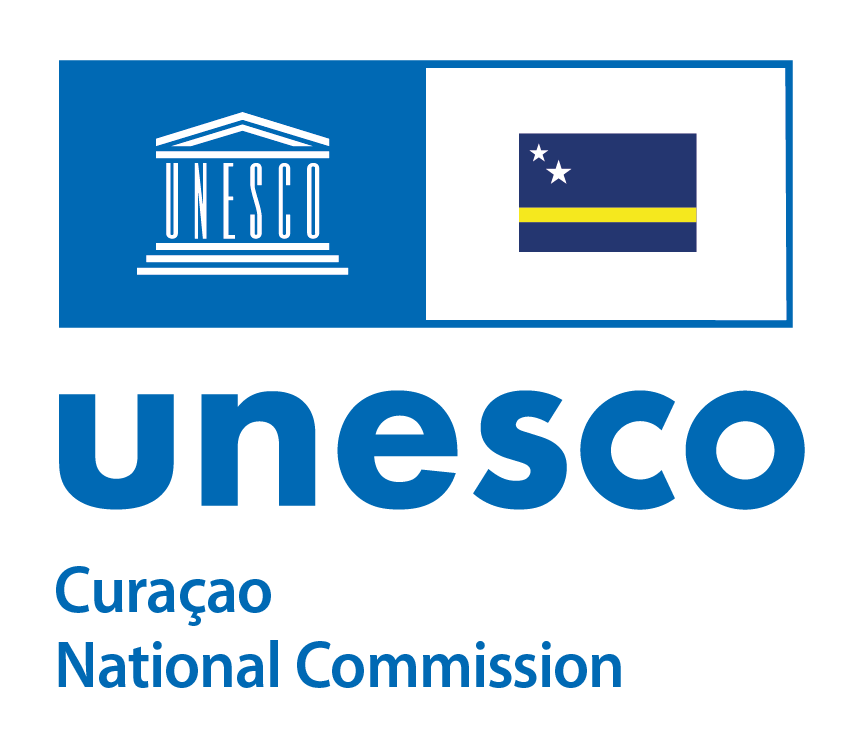UNESCO’s Culture sector encourages inter-cultural dialogue and promotes cultural pluralism within the organization. Protecting and safeguarding the world’s cultural and natural heritage and supporting creativity and dynamic cultural sectors are fundamental to addressing the challenges of our time, from climate change to poverty, inequality, the digital divide, and ever more complex emergencies and conflicts.
The major themes for Culture are:
- Culture and Development
- World Heritage
- Intangible Heritage
- Armed Conflict and Heritage
- Illicit Trafficking of Cultural Property Restitution of Cultural Property
- Underwater Cultural Heritage Endangered Languages Creativity
- Dialogue
- Normative Action Emergency Situations (UNESCO)
Curaçao Culture Programme
In Curaçao the culture programmes being implemented are the Convention on the Intangible Cultural Heritage (ICH) and the World Heritage (WH). Attention is also being placed on the Underwater Cultural Heritage by the National Anthropological Archaeological Memory Management (NAAM).
Intangible Cultural Heritage
World Heritage
Accreditation of Non-Governmental Organizations
Curaçao has two Non-Governmental Organizations (NGOs) accredited to provide advisory services to the Intangible Cultural Heritage Committee:

National Archaeological-Anthropological Memory Management Foundation
Accredited in 2012
- Johan van Walbeeckplein 13, Pietermaai
- +599 9 462 1933 / 34
- info@naam.cw

Fundashon Museo Tula
Accredited in 2020
- Weg naar Westpunt z/n, Kenepa
- +599 9 560 9003
